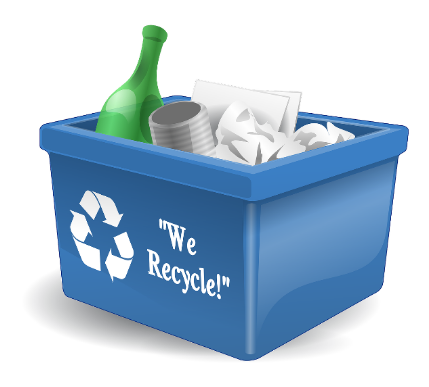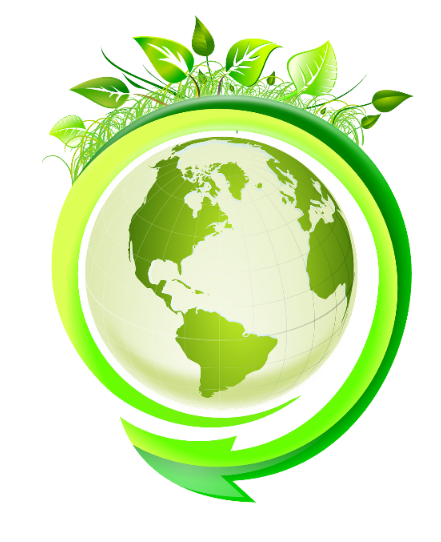Today, countries around the world are concluding various international agreements aimed at protecting the environment and preventing climate change. Waste management is an important aspect of these measures.

By definition, it covers all activities from the creation of a waste to its processing and destruction or recycling.
The waste is divided into domestic, industrial and commercial , as well as hazardous waste. Of course, there can also be hazardous waste among ordinary household waste, as well as among factory waste. They must be properly sorted and this must be done at the time of disposal.

Types of services
Waste management is linked to their overall life cycle. In order to limit to a minimum the harmful impact of waste and emissions in nature , we must use expert opinion on each stage of the life of garbage.

Production
This is the phase of the waste cycle in which companies for professional services in Waste have the least interference. Waste producers are citizens, companies and businesses that with their daily activities create every kind of garbage as such. Here the emphasis should be on consulting services on the topics of reducing the amount of garbage that is generated.
Garbage collection
In order for the waste to always reach the right places where it will be processed, it must first be collected at the appropriate primary points, such as waste bins and containers, mobile points and stations (for hazardous ones), etc.

Separate waste collection
As we have said, for effective waste management, it is crucial that waste is sorted by type at the time of disposal. This applies not only to the classification of hazardous / non-hazardous waste, but also to the different types of materials that can undergo a recycling process. In this way we save the environmental footprint of producing the same materials again.
Transport of different types of waste
Companies and individuals wishing to engage in the removal of ordinary (non-hazardous) waste are subject to a registration regime Ministry of Environment and Water. When it comes to the transport of hazardous waste, a special license is required for the vehicle as well as for its driver.
Deposit
Landfills are storage facilities that are most often located underground. This activity poses a significant risk, for example, of explosions, which may result from the accumulation of greenhouse gas produced during the decomposition of bio-waste. The disposal is subject to a charge by the relevant local authorities.
Recycling
After years of pressure from the civil sector, the United Nations Society recently added plastics as part of its list of hazardous wastes . What makes it extremely dangerous is the extremely long time that some types of plastic can spend in nature without decomposing. Recycling is key to limiting the negative effects of human activity on the ecosystem and biodiversity.
Burning
In principle, this is an effective method of reducing waste volumes, but unfortunately it has its contraindications. Some waste is incinerated, but not every type should be subjected to such destruction, as it can result in environmental pollution.
Waste forecast as part of the EIA
The amount of waste and harmful emissions that are expected must be included in the environmental assessment report of each investment proposal that is subject to the procedure.
Legal advice on environmental issues
To understand what our rights are and what our obligations are in the field of waste, it is best to seek expert advice.
The Ministry of Environment is the regulator which is responsible for monitoring compliance with environmental regulations related to waste in our country. In case of imposed fines, they can be appealed according to the respective procedural order. The judicial authorities in our country rule in the final instance.
Use of household waste for electricity generation
Recently, one of the trends, especially in Western Europe, the United States and China, is the conversion of so-called biomass. These are biodegradable materials, the processing of which can fuel the production of renewable energy. To be used for this purpose, waste and other materials of biological origin must be properly selected and prepared.
How important are environmental services in the sector?
Proper waste management is extremely important. Global waste is expected to skyrocket by 2050.
Of course, many governments, companies and NGOs are struggling to limit this growth, but at this stage it is not expected that their success will be so great as to lead to zero waste at absolutely all levels. That is why for a long time the preservation of nature clean of garbage will be a priority of humanity.
Impact of COVID-19 on the Waste Sector
The global coronavirus pandemic has drastically reduced some industrial waste. Household waste, however, has grown remarkably. Over the past year, masks dumped on the streets have become a common sight, joining other improperly disposed human waste.
But even when we dispose of everything where the designated place is, waste still needs control and management.
